Serbia third lowest Net user in Europe
In terms of the number of internet users per capita, Serbia ranks third-last in Europe, says IT expert Slobodan Petrović.
Saturday, 09.08.2008.
14:58

In terms of the number of internet users per capita, Serbia ranks third-last in Europe, says IT expert Slobodan Petrovic. Petrovic, the president of the Association of IT Court Experts, says that according to figures from December 2007, the only countries in Europe that use the net less are the Vatican and Ukraine. Serbia third lowest Net user in Europe He says that Serbia has a very low level of “cyber space” protection. “In Ukraine, the number of users is increasing at a rate of 2,500 percent, while here it is 250 to 300 percent a year. That means that we’ll be second-last in Europe in terms of the percentage of the population using the internet,” warns the IT expert, adding that Serbia has been overtaken by Bosnia-Hercegovina and Albania in the last year. He says that safeguards in the IT sector are poor, and that this is something that is rarely mentioned in Serbia, other than in cases where there are minor incidents. “When someone sneaks into someone’s site and posts their own text—that’s not driven by a desire to do any serious harm, but a consequence of everyday political events,” says Petrovic, referring to the attacks by Albanian hackers on Serbian state sites. In the IT expert’s opinion, the problem of data protection, which is far more important and valuable than computer equipment, has also been neglected. “We react only once a problem arises, but so far no-one has looked at how much Serbia is losing through its failure to protect its cyber space,” he points out. He says that there have been no major scandals linked to IT system collapse or data theft, as no-one will admit to uncovering certain confidential data. Petrovic says that attention has to be devoted, first and foremost, to raising awareness to the need for protection, and that the state should play the leading role here, above all the government. “When state officials are photographed, they are most often sitting next to computers or laptops. That’s an acknowledgement of IT. They have been trained to use it, but I want to put the question: are they trained to protect it?” he wonders. The IT expert welcomes the idea of all MPs receiving a laptop, stating that in that event, not only should they receive training on how to use a laptop, but also on how to safeguard confidential information.
Serbia third lowest Net user in Europe
He says that Serbia has a very low level of “cyber space” protection.“In Ukraine, the number of users is increasing at a rate of 2,500 percent, while here it is 250 to 300 percent a year. That means that we’ll be second-last in Europe in terms of the percentage of the population using the internet,” warns the IT expert, adding that Serbia has been overtaken by Bosnia-Hercegovina and Albania in the last year.
He says that safeguards in the IT sector are poor, and that this is something that is rarely mentioned in Serbia, other than in cases where there are minor incidents.
“When someone sneaks into someone’s site and posts their own text—that’s not driven by a desire to do any serious harm, but a consequence of everyday political events,” says Petrović, referring to the attacks by Albanian hackers on Serbian state sites.
In the IT expert’s opinion, the problem of data protection, which is far more important and valuable than computer equipment, has also been neglected.
“We react only once a problem arises, but so far no-one has looked at how much Serbia is losing through its failure to protect its cyber space,” he points out.
He says that there have been no major scandals linked to IT system collapse or data theft, as no-one will admit to uncovering certain confidential data.
Petrović says that attention has to be devoted, first and foremost, to raising awareness to the need for protection, and that the state should play the leading role here, above all the government.
“When state officials are photographed, they are most often sitting next to computers or laptops. That’s an acknowledgement of IT. They have been trained to use it, but I want to put the question: are they trained to protect it?” he wonders.
The IT expert welcomes the idea of all MPs receiving a laptop, stating that in that event, not only should they receive training on how to use a laptop, but also on how to safeguard confidential information.




































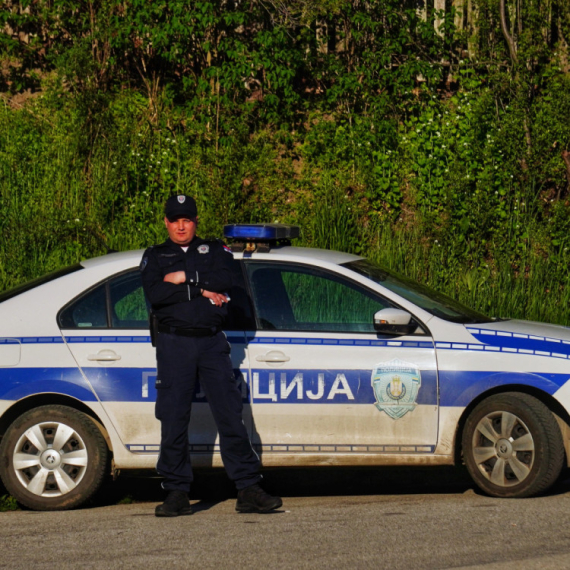
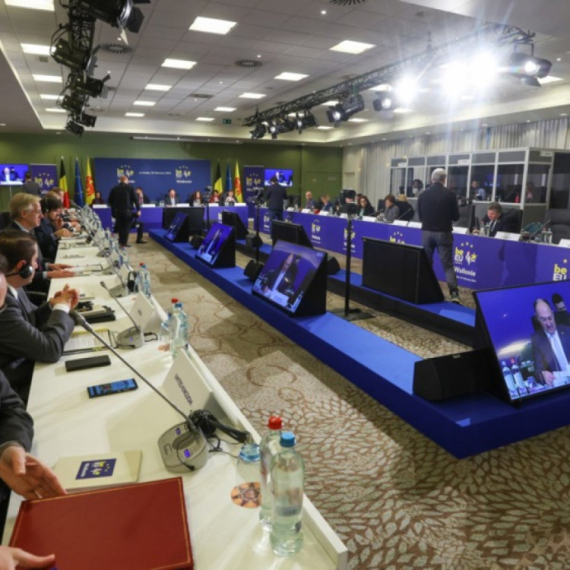

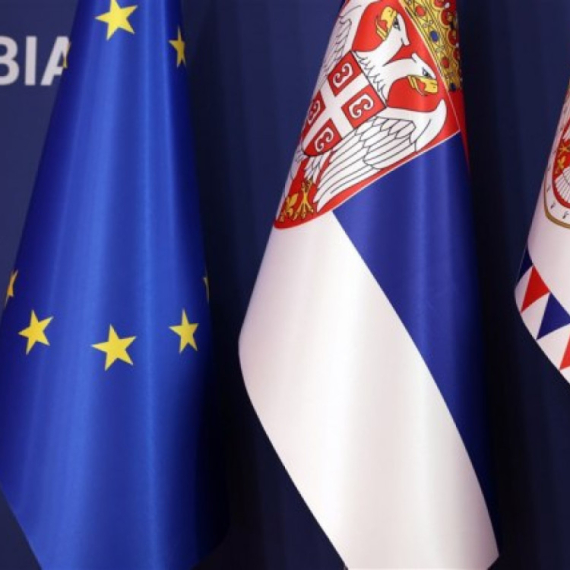















Komentari 11
Pogledaj komentare